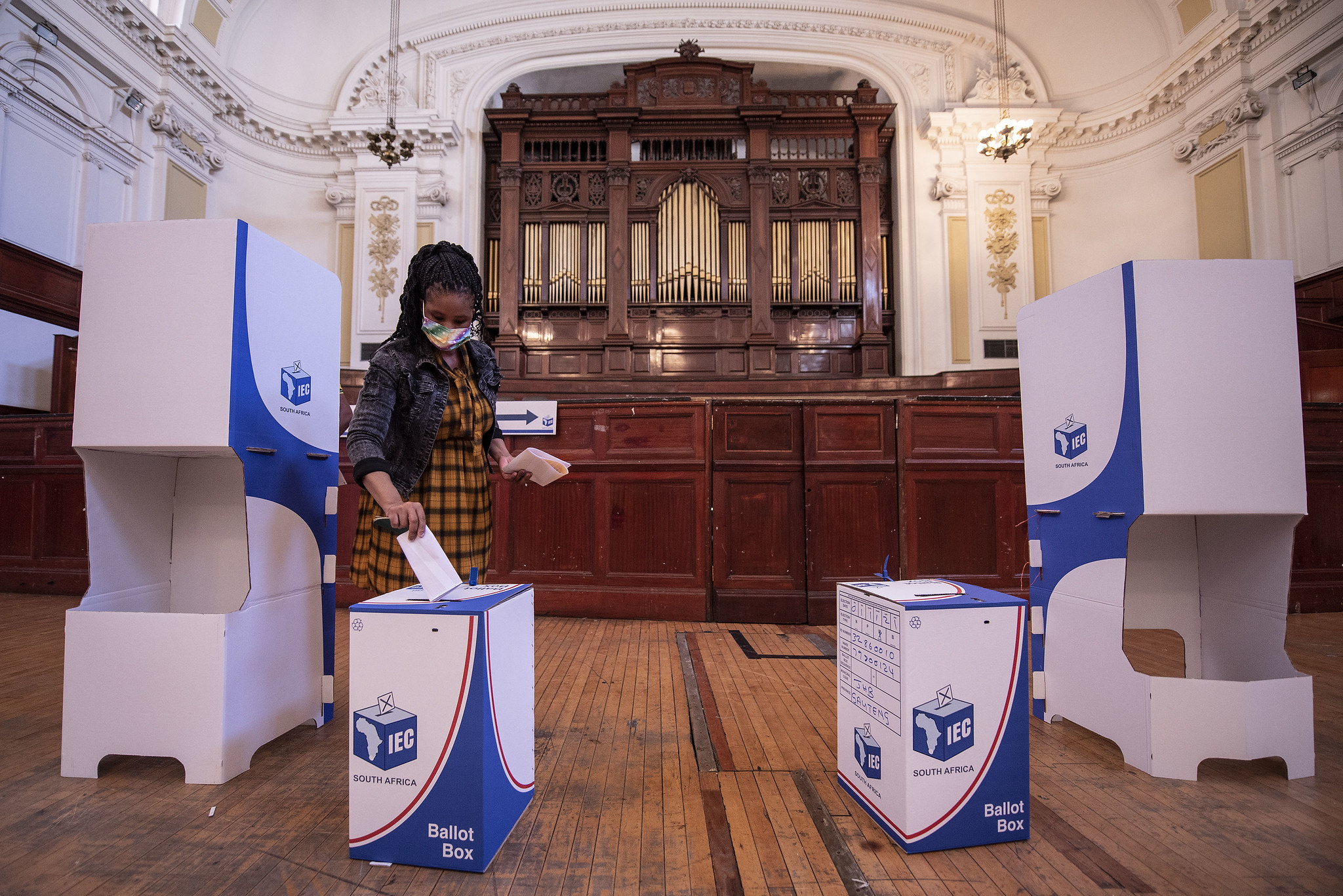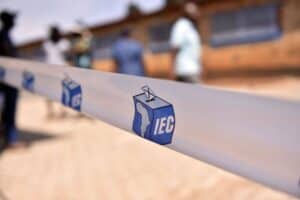The Portfolio Committee on Home Affairs is now expected to adopt the report before referring it to the National Assembly.

Parliament has resolved outstanding issues regarding the Electoral Amendment Bill and is gearing itself up to approve the legislation.
The Portfolio Committee on Home Affairs met on Friday to discuss outstanding issues and adopt an A-list regarding the Bill.
The committee has been tasked to amend the Electoral Act 73 of 1998 to allow independent candidates to contest elections.
It recently sought to broaden the scope of the Bill since substantive amendments were made to it and opened a second round for public submissions, which have been deliberated in the past few weeks.
The issues discussed included signature requirement for independent candidates, deposits, seat allocation and aggregation of votes, among other things.
Here are the key issues:
Definition and signatures
Presenting the A-list during Friday’s meeting, State Law Advisor, Sarah Govender told the committee that the definitions of candidates and independent candidates in the Bill have been updated.
The main difference, Govender explained, between the two definitions is that an independent candidate is a South Africa citizen contesting an election, but is not nominated on a list of a party.
“The committee will recall that in the last meeting it was agreed that the definition of candidate will be included in the A-list and independent candidate,” she said.
ALSO READ: Electoral Act changes must pass urgently to avoid constitutional crisis before 2024 polls
The committee previously decided to reduce the number of signatures required for independent candidates.
The 20% quota for a seat, which translates to about 8 800 signatures, was brought down from 30% as it was considered too high by some MPs.
Independent candidate are required to gather signatures as well as their identity numbers of voters who support the candidate to stand for elections and are required to pay a deposit, in which the amount will be regulated by the Electoral Commission of South Africa (IEC).
“The 20% is what was decided in the last committee meeting,” Govender pointed out.
Regions
In previous meetings, MPs in the committee agreed for the Bill to allow independent candidate to contest elections in one or more regions for the National Assembly.
The independent candidate, however, may be elected to only one seat in the National Assembly as well as provincial legislature in province in which they are registered as a voter.
Seat
In addition, the independent candidate is only eligible to be a member in the National Assembly or provincial legislature.
IEC’s deputy CEO for electoral operations, Masego Sheburi expanded on the matter further on Friday.
Sheburi’s presentation dealt with Schedule 1A of the Electoral Act, which sets out the electoral system.
This clause provides that the 400 seats of the national assembly will be contested on the bases of 200 national compensatory seats and 200 regional seats.
READ MORE: ‘New Electoral Act could just be a sneaky way to steal power’ from voters
In the context of the Bill, the proposed amendments to Schedule 1A include that vacancies for independent candidates are filled through a recalculation and that candidates contesting in more than one region cannot aggregate their votes.
“We know the decision of the committee is that an independent candidate may not hold more than one seat,” Sheburi told the committee before explaining that there was a seat forfeiture and recalculation method to award remaining seats as a consequence of the one seat decision.
“Any other seat in excess will be forfeited,” he said.
Sheburi indicated that independent candidates will only be given two days to decide which seat they will occupy if they win seats both in the National Assembly and provincial legislature.
“In the current instance, what we are talking about are two different elections even though they are contested on a single day. One is a election in a province for a seat in the legislature and the other is an election in a region for a seat in the National Assembly.
READ MORE: MPs at ‘loggerheads’ over parts of Electoral Amendment Bill
“So if a candidate stands to be elected to both seats, we will give them a period of days to indicate which seat and which legislative assembly they intend to occupy a seat in.
“We will then allocate them a seat in that assembly and do a forfeiture recalculation where they have not taken up a seat,’ he explained.
The IEC deputy CEO also highlighted that in an event where the independent candidate fails to give notice of which seat they want then they won’t be assigned any of those seats.
“This is consistent with what applies to political parties [as well],” he added.
Objections
The Democratic Alliance (DA) and the Economic Freedom Fighters (EFF) have maintained their stance to object to the Bill and chose not to support the adoption of the A-list.
The EFF had a problem with the signature requirement being lowered as well as the deposit amount.
“There must be no differentiation between an independent candidate and political parties beause we are all contesting for the same thing,” EFF MP, Thapelo Mogale said.
“Lowering the scales for others to be able to jump is problematic for me. So as the EFF we don’t support this in its current form,” he continued.
DA MP, Adrian Roos said: “The amendments that have been presented today look fine, but the DA still opposes the A-list as a whole”.
RELATED: Electoral Amendment Bill remains a complex issue
Roos had previously called for the inclusion of independent candidates’ agents.
“[The] lack of party agents is a major risk to the integrity of an election,” he told the committee on Friday.
Meanwhile, The ANC preferred to adopt the A-list “with amendments and omissions that have been highlighted in the presentations”.
The committee is now expected to adopt the report regarding the Bill before referring it to the National Assembly.
“Our anticipation is that by at least next week, we can adopt the report that will be presented before the National Assembly and we allow the NCOP [National Council of Provinces] to start their processes,” the committee’s chairperson, Mosa Chabane told MPs on Friday.
The Bill in its current form has received backlashed from a number of civil society organisations – including Defend Our Democracy, My Vote Counts and Rivonia Circle, among others – who believe that it was “fundamentally flawed”.






